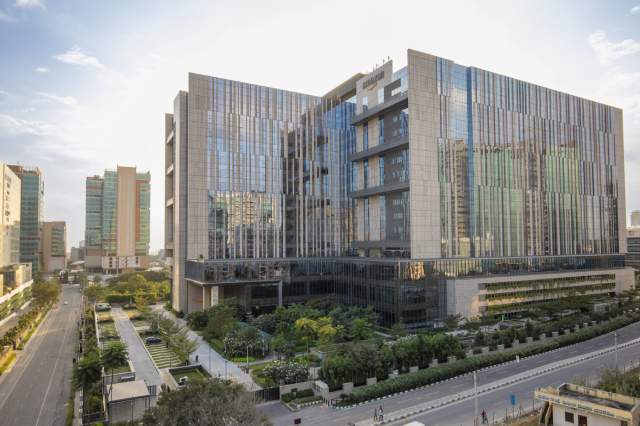Anand Mahindra, the chairman of Mahindra Group, recently asserted that Google’s choice to establish its largest office outside of the United States in Hyderabad was a strategic move with geopolitical implications. Although this development is positive for the Indian tech ecosystem, it is intriguing that Google selected Hyderabad instead of Bangalore, which is widely recognized as India’s unrivaled IT hub and often referred to as our very own ‘Silicon Valley‘.
Introduction
In recent years, Hyderabad has emerged as a frontrunner in India’s tech landscape, fueling speculation about its potential to claim the title of the country’s next IT capital. With a burgeoning IT sector, strategic location, and ambitious development plans, the city stands at a crossroads of opportunity and transformation. Let’s delve deeper into the question: Will Hyderabad be the next IT capital of India?
Hyderabad’s Economic Prospects
Hyderabad’s IT sector has been on a steady upward trajectory, attracting major players like Amazon, Google, Facebook, Microsoft, Cognizant, and Tata Consultancy Services (TCS). The city’s conducive business environment, coupled with government initiatives to encourage IT investments, has propelled its economic growth. The expansion plans of these multinational corporations promise thousands of job opportunities and significant economic dividends, bolstering Hyderabad’s bid for IT capital status.
Infrastructure and Development Initiatives
The planned elevated corridor in Hyderabad is expected to greatly influence the real estate growth in the city, specifically supporting the entrepreneurial environment, particularly the life sciences firms.
Inner Ring Road, the road has four-lane and is popularly known as IRR. It is having a length of 50 kilometer on City Arterial Road in Hyderabad.
Hyderabad and Secunderabad are poised for a major growth phase as the completion of bids for the Airport Metro Express from Raidurg to Rajiv Gandhi International Airport (RGIA) in Shamshabad nears. This signifies the advancement of these cities, subsequent to the launch of the Hyderabad Metro Rail (HMR) nearly six years ago. The projected cost of this ambitious venture is Rs 6,250 crore, encompassing a 31-kilometre route comprising elevated, at-grade, and subterranean segments.
Cultural and Social Considerations
While Hyderabad boasts a rich cultural heritage, some argue that it may fall short of representing India’s diverse cultural tapestry compared to Delhi. The shift to becoming the IT capital could bring about cultural and social changes, including increased diplomatic activities, interactions with people from across India and the world, and a vibrant cultural scene. However, preserving the city’s unique charm and heritage amidst rapid development remains a challenge.
High-quality Housing Choices in Hyderabad City
The presence of high-quality housing choices plays a significant role in fueling the interest in real estate within Hyderabad’s. Prospective homeowners are presented with a diverse selection of residences, such as apartments, villas, gated communities, and standalone houses. To meet the increasing demand, developers in the region have introduced various housing developments tailored to suit the preferences of various homebuyer groups.
Conclusion: As Hyderabad navigates its path towards becoming the next IT capital of India, the journey is marked by both promise and complexity. With robust economic prospects, ambitious development initiatives, and a growing tech ecosystem, the city is poised for transformative growth. However, addressing logistical challenges, preserving cultural heritage, and ensuring inclusive development are imperative for realizing Hyderabad’s full potential.



